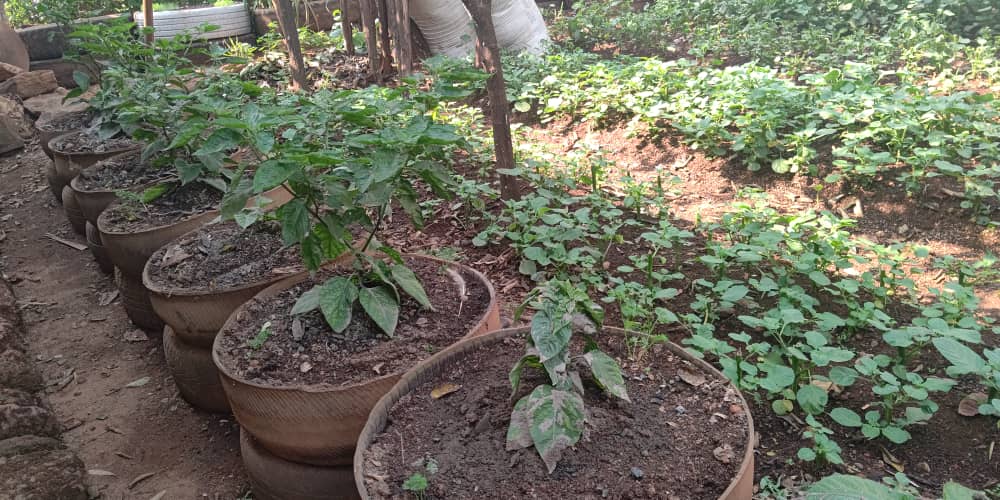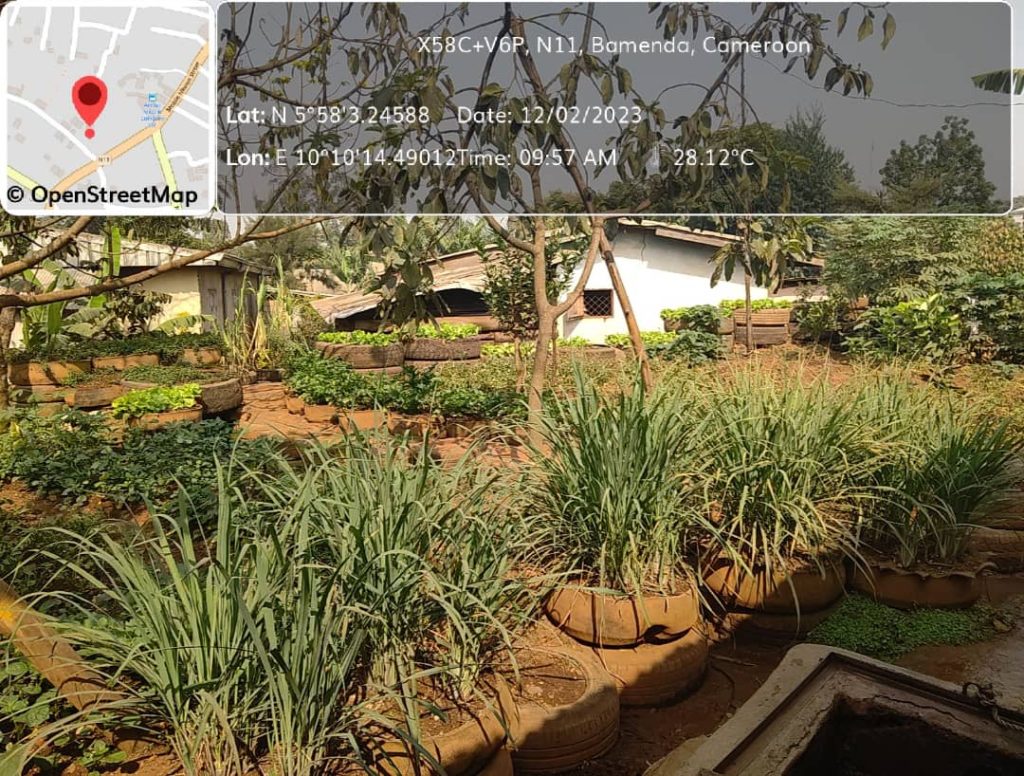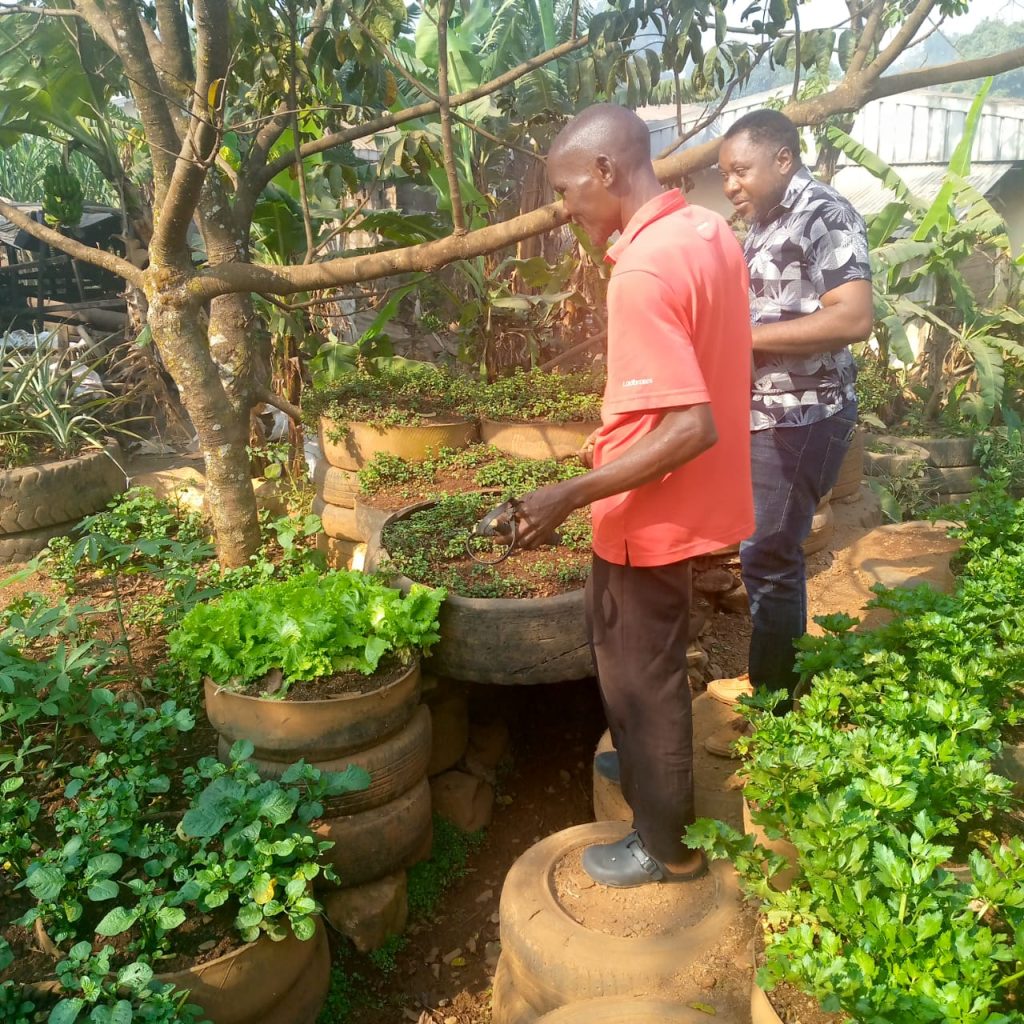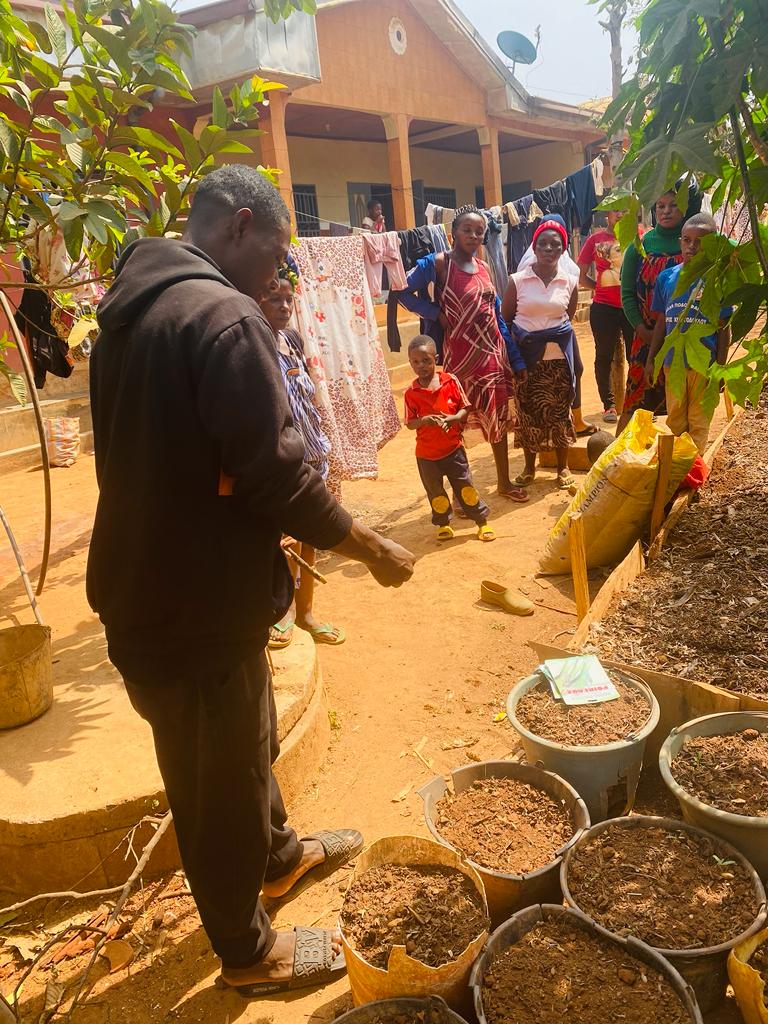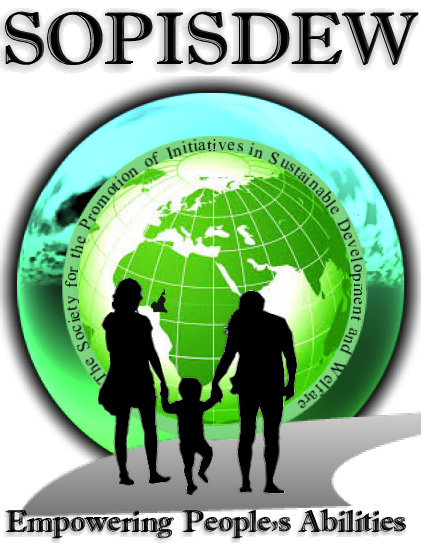Introducing Regenerative Urban Gardening with IDPs in Bamenda, Cameroon
Background Concept
An ongoing armed conflict in the North West and South West Regions of Cameroon has resulted in the displacement of hundreds of thousands of civilians. The City of Bamenda in North West Cameroon is hosting thousands of these Internally Displaced Persons (IDPs), and this is increasing social, economic and environmental burden of this urban settlement. They live amongst the community and carry on activities like other community members. IDPs in Bamenda Cameroon do not live in camps and they mostly come from rural areas with more land and have been practicing subsistence agriculture. IDPs cannot cope with the high cost of food sold in the urban setting and do not have skills and available space to integrate into economic activities in the new environment. Providing an opportunity for IDPs to engage in sustainable urban agricultural practices will serve as a way out of the competition over resources, promote proper environmental practices thereby giving them the opportunity to build back a better life. This project will also serve as an opportunity for IDPs to engage in regenerative urban design as they will freely transform their knowledge of large-scale subsistence practices in rural areas to small-scale practices in the urban setting.
Objective and Area of Intervention
This project is targeting the IDP population living in 10 IDP settlement zones in the Nkwen and Mankon areas of Bamenda, Cameroon. The target is to engage 50 households per zone (500 households in total). The project consist of engaging the IDP population (women, girls and youth) to design and implement small-scale regenerative urban agricultural systems including reusing plastics for gardening and developing personal and community composting systems. The goal is to promote proper waste and water management and the objectives are to increase access to adequate, nutritious and healthy food for IDPs which will go a long way to promote the peaceful integration of IDPs into the community by avoiding conflict over resources while generating income for IDP households to ensure food security.
The project is also supporting the integration of beneficiaries through the organization of an urban regenerative farmer cooperative led by the IDPs. The cooperative will support land use advocacy for IDPs, collective marketing of agricultural produce and exchange between IDPs in the City of Bamenda and their conflict-affected women, girls and youth. The project is been implemented for a period of 7 months beginning November 15th 2022. The key activities will include:
- Development of 10 demonstration sites
- Training sessions on regenerative gardening
- Formation of an IDP cooperative
- Advocacy session with municipal authorities
Timeframe: Seven Month
Funder: Re-alliance
